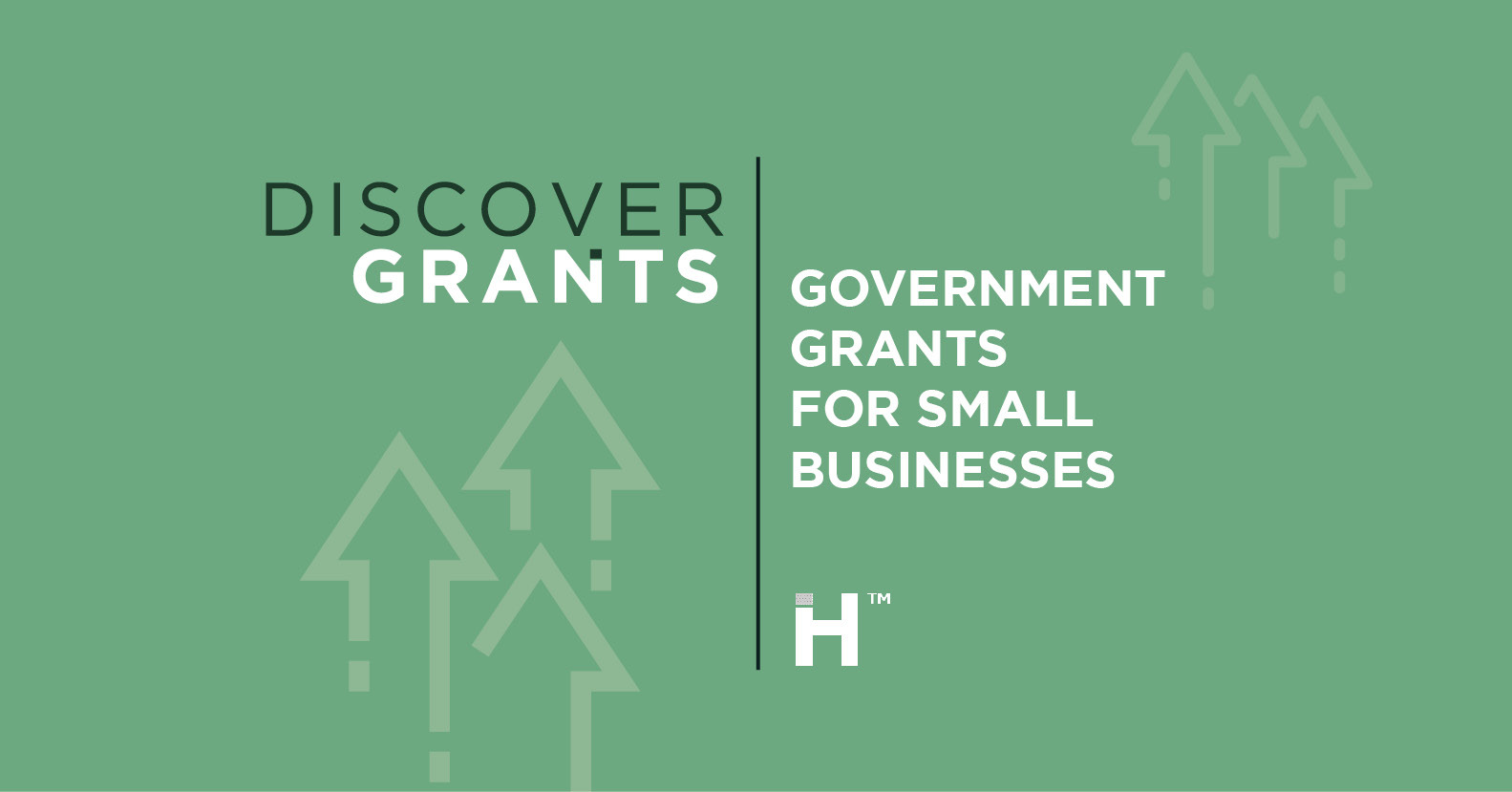An insight into winning government grants for small businesses
Government grants for small businesses are tough. We can attest to that. But this is where we come in. In this blog, we’ll provide 8 tips for winning government grants for small businesses. By the end, you’ll be equipped to know what it takes to win your grant.
1. Identify why the previous applications were successful
A great rule of thumb when writing your application is analysing the winners. What ensured their victory? How closely did they stick to the brief? The more winning features you identify, the more insight you’ll have into what it takes to be successful.
2. Confirming the grant is right for you
If you’re a small business, the phrase ‘time is money’ means even more to you than larger companies. So, taking the time to confirm whether you have an adequate chance of winning the grant is vital. You want to have the best chances to win this grant. Make sure you start on the right foot. Align your qualifications with the grant commissioner’s requirements. Does it fit perfectly?
Make sure that you’re sticking to the word limit and adhering to any font directions. If they want Calibri (Body) 12, make it happen! Ultimately making sure you choose the best applications for your team will help ensure success.
3. Keeping on top of deadlines
Starting early for grant responses should be a reflex. Government grants for small businesses won’t be lenient when it comes to time. If you’re late, your application won’t be considered. No matter how amazing it might be. Allocate time to write a well-thought-out response. The grant commission will know if you’ve rushed it. Set goals along the process for yourself and your colleagues. Your team will thank you for a smoother experience when you’re not all pressed for time.
4. Including a business plan
Sounds simple, right? But too many grant applicants don’t include this, and it costs them dearly. To get business grant funding, you need to communicate your financial viability, and this is one of the best methods. The grant commissioner needs to know exactly where and how their money will be spent. They need to know the projected outcome for your project. So, make sure to include a list or table of projected costs. This will help you in delivering the grant, as you’ll have tighter control over the funds. Even if you’re a start-up business, this is just as important.
5. Balancing jargon with layman’s terms
Government grants for small businesses need to showcase their suitability for the funder.
How can this be done?
Balancing jargon. The average grant applicant might overload the funder with field-specific terms which may alienate them. Therefore, find the sweet spot between informing the funder of your knowledge, without using too much industry terminology. The sooner you find that balance, the more adjusted the application will be for the funder.
6. Communicating with the grant body
There seems to be some hesitation around contacting the grant body. But it can often be the best source of knowledge around what the funder wants. If the opportunity presents itself, communicate with them! Collect some questions together and send them an email. Ultimately the more you know, the better your application will be.
7. Proofreading
The funding body will expect a certain grammatical standard. Use software such as Microsoft Word (review and proofing) to catch stray errors. Make sure that you’re reading your work a few times before sending it to a friend or colleague. The more it flows, the better. Also, make sure that you’re keeping to the word count. If your application is over it, it won’t impress them. Look into outsourcing your proofreading. We provide this service through our sister company Hudson Succeed with ‘Tender Mentor’. Outsourcing your proofreading ensures that the grammar in your application is to the highest standard.
8. Utilise your status as an SME!
Some grant commissioners are focused on providing a portion of funding to SMEs, so use that! Showcase the fact that you’re a small business, and what steps you’re taking to grow! Convince the grant committee that their funding will directly grow your company.
In Summary
We have reached the end of our blog on government grants for small businesses. For those who need it, here’s a short recap:
- Confirming the grant is right for you – Make sure that you’re eligible, and that you can meet the requirements of the funder.
- Keeping on top of deadlines – Organise yourself and your team so that deadlines are met.
- Including a business plan – Include a list of projected costs for the funder.
- Balancing jargon and layman’s terms – Don’t overload the grant commission with too many field-specific terms. Inform the funder of your knowledge.
- Communicating with the grant body – Collect questions from your team and present them to the grant committee.
- Proofreading – Keep to the word count. Make sure that you’re identifying and removing any errors in the application.
- Utilising your status as an SME – Capitalise on the focus some funding authorities have for small businesses.
Our Services
Grant Writing
Our Grant Writing Service is for businesses who want to start applying for grants, but don’t know where to begin. They can also help businesses who have been applying for grants but aren’t seeing success.
Our Grant Writing Consultants have over 60 years of experience in bidding for funding and grants. From start-up business grants to self-employed business grants. They can take care of the whole thing for you – they’ll even submit it on your behalf.
Get in touch to find out how we can help your business grow!
Grant Tracker
You can find this grant and others like it on our Business Grant Tracker. Currently, we have over 1,700 live business grant and funding opportunities. Our team manually track 1,500+ data streams searching for business grant opportunities. Each one is then uploaded to one central system, streamlining the process.
All you need to do to gain access is sign up for free.
Find more helpful tips and advice in our blogs. We cover topics including:
- How a Grant Writing Consultant can help your business
- Innovate UK grants
- Start-up business grants
- Business grants in the UK
- How to apply for a government grant
- Working with Grant Writers
- Bidding for funding
- Council business grants
- Government funding
- Grant writing help
- And many more.





